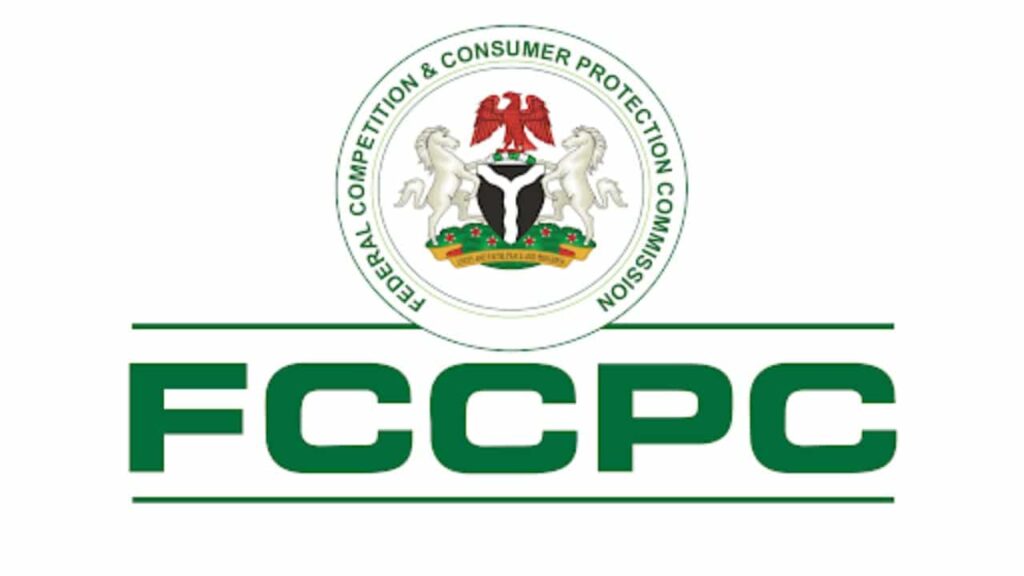A Nigerian consumer rights advocacy group has escalated allegations of exploitative pricing by domestic airline Overland Airways, sparking regulatory scrutiny over fare disparities on key domestic routes. The legal challenge, filed by prominent lawyer AbdulHakeem Uthman Mustapha on behalf of the Third Estate and Like Minds Foundation, accuses the carrier of imposing disproportionately high fares on the Lagos-Ilorin-Abuja corridor where it holds a monopoly.
Documents seen by media outlets reveal striking pricing discrepancies: a 50-minute Lagos-Ilorin flight costs N260,000 ($575), surpassing the N160,000 ($354) fare for the longer two-hour Lagos-Abuja route. The 55-minute Ilorin-Abuja segment carries a N300,000 ($663) ticket price, despite covering less distance. The petition argues these practices violate Nigeria’s Federal Competition and Consumer Protection Act, citing sections prohibiting anti-competitive behavior and “manifestly unfair” pricing.
Submitted to the Federal Competition and Consumer Protection Commission (FCCPC) on August 4, 2025, the filing urges regulators to investigate potential abuse of market dominance. Specific provisions referenced include Section 72(2)(a), which bars companies from charging “excessive prices to the detriment of consumers,” and Section 127 governing unjust contract terms. The Nigerian Civil Aviation Authority (NCAA) confirmed it received the complaint and has initiated an official review.
Overland Airways, which faces no direct competition on the Ilorin route, has yet to publicly address the allegations. The case highlights broader tensions in Nigeria’s aviation sector, where deregulated pricing policies have drawn criticism amid limited route options. Aviation Minister Festus Keyamo recently acknowledged challenges posed by monopolistic routes, telling media outlets that attracting new airlines and investors remains a government priority to stimulate competition and lower fares.
While global aviation markets typically allow market-driven pricing, the petition contends Nigeria’s consumer protection laws create additional safeguards against perceived exploitation. Legal experts note this case could test regulatory capacity to balance free-market principles with consumer rights in emerging economies. The FCCPC now faces pressure to clarify pricing standards for essential air routes, with outcomes likely influencing policy reforms in Nigeria’s evolving aviation landscape.
